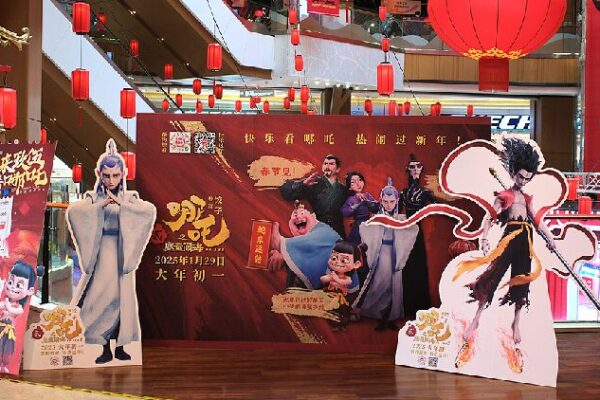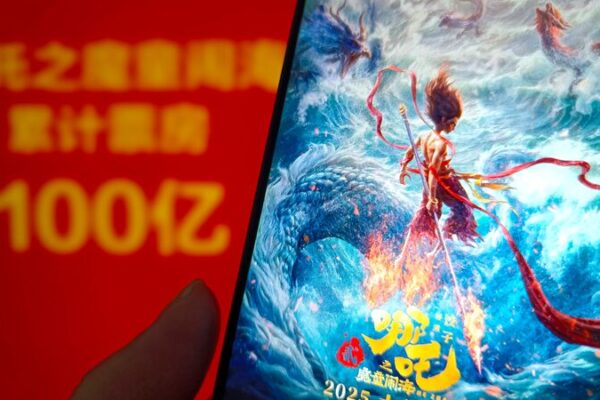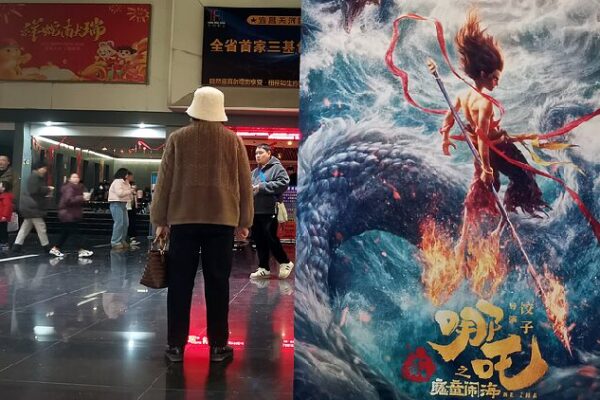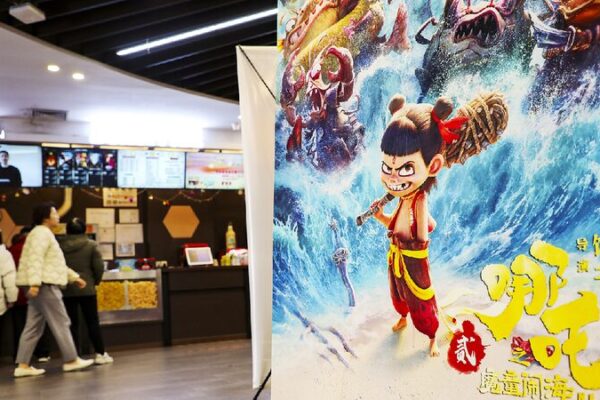China’s youth are shaking up the cultural scene, blending tradition with cutting-edge innovation. The blockbuster animated film Ne Zha has not only shattered box office records but also sparked a newfound appreciation for Chinese mythology and animation. Meanwhile, a singer-songwriter is making waves online by fusing traditional Chinese instruments with electronic music, captivating audiences both at home and abroad.
The Ne Zha Phenomenon
When Ne Zha hit theaters, it quickly became China’s highest-grossing animated film, redefining what audiences expect from homegrown animation. The movie’s stunning visuals and compelling retelling of an ancient myth resonated with younger viewers, who flocked to cinemas and turned the film into a cultural phenomenon.
But the impact of Ne Zha goes beyond the big screen. From merchandise flying off the shelves to fans creating their own artworks and memes, the film has ignited a cultural wave that’s bridging the gap between traditional stories and modern sensibilities.
Rewiring Traditional Music
At the same time, innovative musicians are transforming China’s music scene. A rising singer-songwriter has gained a massive online following by blending traditional Chinese instruments like the guzheng and erhu with electronic beats. This fusion creates a fresh sound that resonates with a generation eager to explore their heritage in new and exciting ways.
By experimenting with electronic music and age-old melodies, artists are crafting unique experiences that connect the past with the present. Their success highlights a growing trend among young people to embrace and reinvent cultural traditions.
A Cultural Revolution
The success of Ne Zha and the rise of electronic folk music signal a broader movement among China’s youth. They’re not only proud of their cultural roots but are also unafraid to innovate and adapt them to a modern context. This cultural revolution is reshaping how tradition is perceived and setting the stage for a new era of artistic expression.
Reference(s):
cgtn.com








